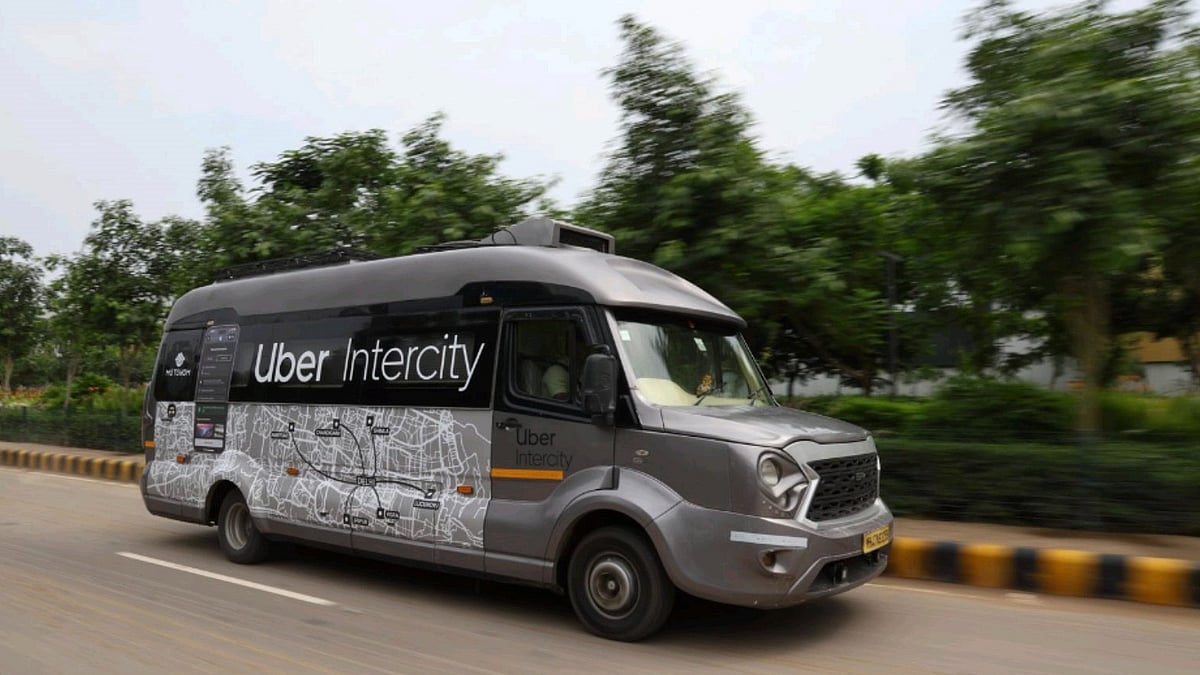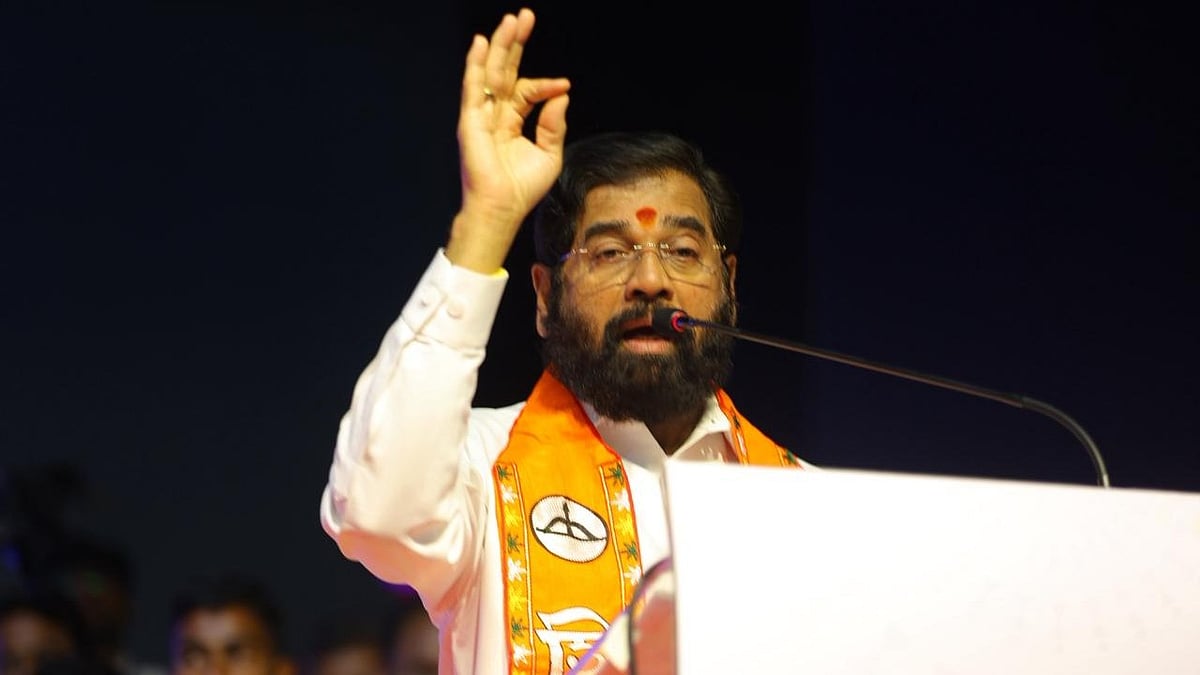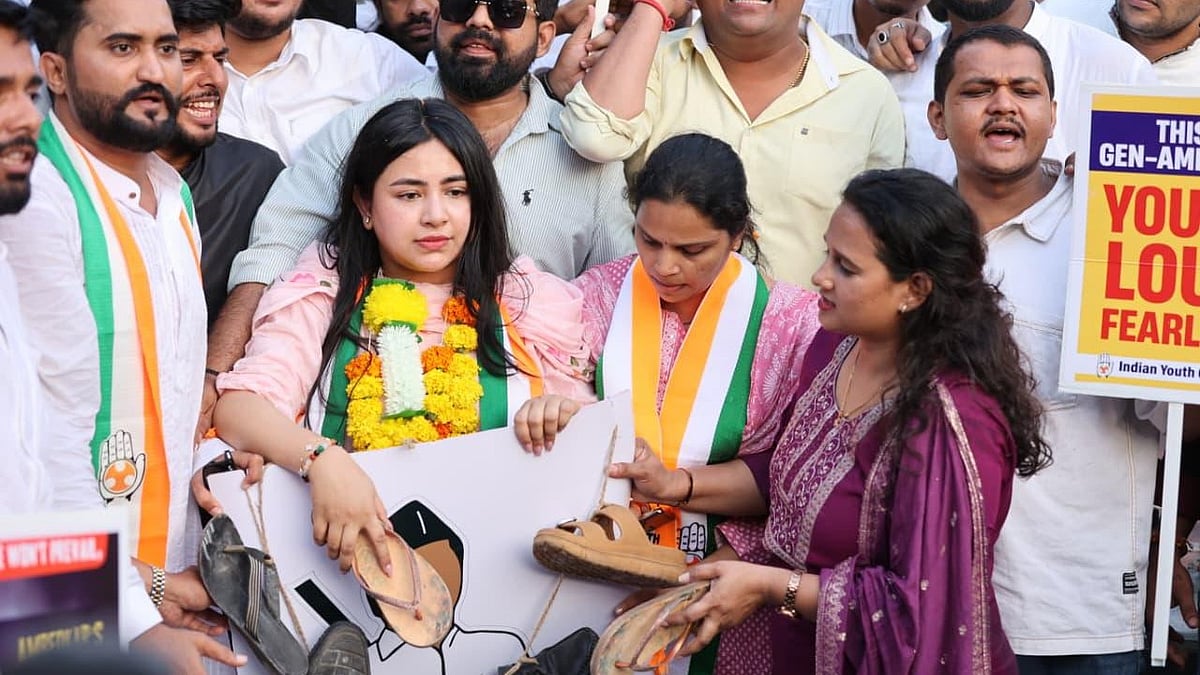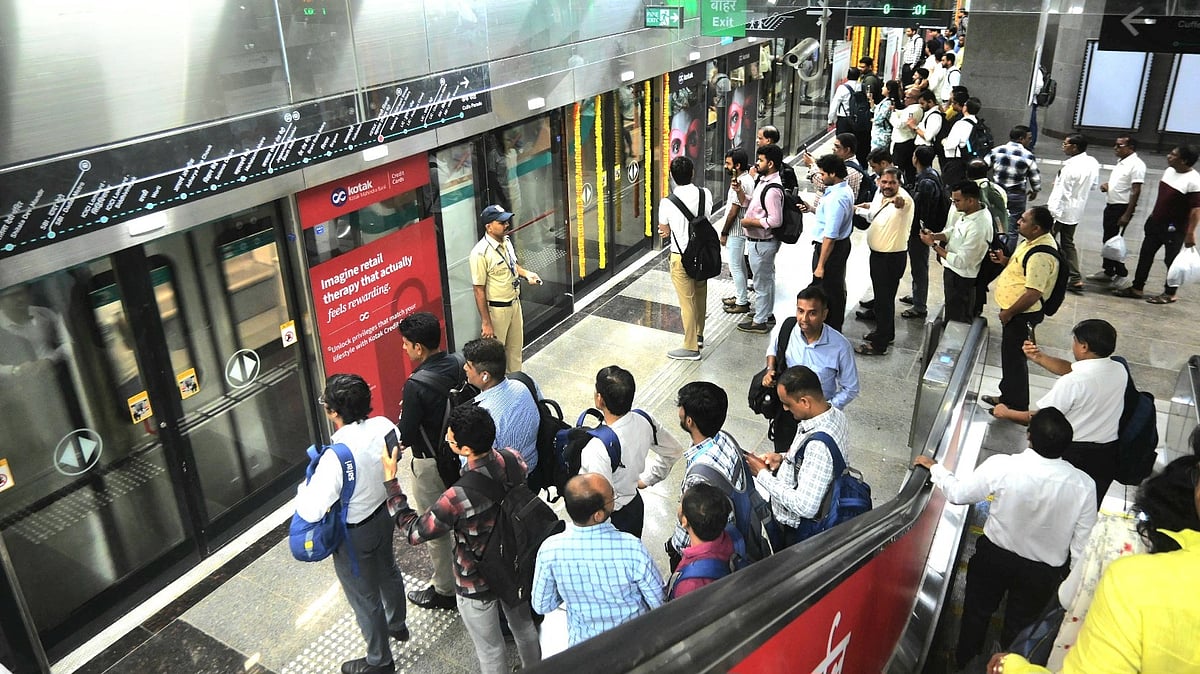In a move set to significantly reshape the app-based transport sector in the state, the Maharashtra government on Friday released the draft of the Maharashtra Motor Vehicle Aggregator Rules, 2025. As per draft rules, aggregators cannot raise fares beyond 1.5 times during rush hours or festive seasons. Drivers can stay logged in for a maximum of 12 hours, followed by a mandatory 10-hour rest.
The new regulations aim to bring stricter oversight and improved standards for ride-hailing services such as Ola, Uber, and Rapido, and are expected to impact both operators and commuters alike.
The draft rules, framed under Sections 73, 74, and 93 of the Motor Vehicles Act, 1988, seek to address growing concerns around fare transparency, passenger safety, service quality, and driver welfare. According to Pratap Sarnaik , State Transport Minister, Public suggestions and objections on the proposed framework are being invited until October 17, following which the rules will be finalized and implemented.
The rules will apply to all passenger vehicle aggregators, including those operating auto-rickshaws and e-rickshaws. However, bike taxi services will fall under a separate set of guidelines — the Maharashtra Bike-Taxi Rules, 2025 — and will require distinct permits.

"The proposed regulations aim to establish a more transparent and equitable framework for both drivers and passengers in the ride-hailing industry. By capping surge pricing at 1.5 times the base fare, the rules seek to balance the needs of drivers during high-demand periods with the affordability concerns of passengers. Additionally, the regulation preventing fares from dropping below 75% of the base ensures fair earnings for drivers even during off-peak hours" said Sairnaik.
The convenience fee, limited to 5% of the base fare, helps curb the proliferation of hidden charges, while the overall cap of 10% on total deductions protects drivers from excessive commission cuts. These financial safeguards are designed to improve transparency in fare structures and promote trust in the system.
As per draft, vehicle age limits have been set to ensure road safety and reduce pollution. Auto-rickshaws and cabs are permitted to operate for a maximum of 9 years from the date of registration, while buses are capped at 8 years. Aggregators must also ensure their apps and websites are accessible in Marathi, Hindi, and English to cater to a wider audience. To enhance user safety and accessibility, drivers will not be able to view the passenger’s destination before accepting a ride, preventing potential ride refusals or discrimination. Additionally, apps must include features such as live location sharing, real-time trip updates, and accessibility options for differently-abled passengers, ensuring a safer and more inclusive travel experience for all users.
For riders, an optional travel insurance scheme up to Rs 5 lakh is proposed, offering coverage in case of accidents or unforeseen incidents. This insurance feature enhances passenger confidence and adds a layer of protection, reinforcing the draft's focus on safety for both parties
In addition to the core provisions, the draft emphasizes the importance of rest and well-being for drivers by strictly limiting daily active hours to 12, followed by a compulsory 10- hour break. This aims to reduce fatigue-related incidents and ensure safer road practices. The mandatory 30-hour induction training for new drivers will cover traffic regulations, customer service, app usage, and emergency protocols, equipping them for real-world situations.
To maintain service quality, a performance monitoring system is introduced, where drivers averaging below 2 stars will be temporarily deactivated. They will be required to undergo remedial training before returning to the platform. This creates accountability while offering drivers a fair opportunity to improve.
"To operate legally, aggregators are required to obtain licenses from either the State Transport Authority (STA) or the respective Regional Transport Authorities (RTAs) within respective districts. The license fee for obtaining approval from the STA is Rs 10 lakh, whereas the fee for a license issued by an RTA is Rs 2 lakh per district. These licenses must be renewed periodically, with the STA charging a renewal fee of Rs 25,000 and the RTA charging Rs 5,000 per district" stated Sarnaik.

In addition to the license and renewal fees, aggregators must furnish a security deposit based on the size of their fleet. For operators managing up to 100 buses or 1,000 vehicles, the required deposit is Rs 10 lakh. For those with fleets of up to 1,000 buses or 10,000 vehicles, the deposit increases to Rs 25 lakh. Aggregators operating fleets larger than these thresholds must provide a security deposit of Rs 50 lakh.
According to Sairnaik,these draft regulations are designed to protect the interests of both drivers and passengers, while ensuring fair business practices,” Minister Sarnaik said. “We believe they will restore trust, improve service quality, and make urban mobility more inclusive and secure.
Pointers
Aggregators may increase fares during high demand, but not beyond 1.5 times the base fare set by the RTA.
Even during low demand, fares cannot fall below 75% of the base fare.
Drivers can remain logged into the app for a maximum of 12 hours per day, with a mandatory 10-hour rest period.
Drivers must complete a 30-hour induction training before joining an aggregator.
Drivers with an average rating of less than 2 stars out of 5 will be temporarily deactivated and required to undergo remedial training.
Apps must offer passengers an option to opt-in for a travel insurance of up to Rs 5 lakh.
Vehicles like Auto-rickshaws and cabs not older than 9 years from date of registration
Buses not older than 8 years
App must be available in Marathi, Hindi, and English.
App should be designed such that drivers cannot view the passenger’s destination before accepting the ride.
Apps must offer features like live location sharing and trip status updates.
To get details on exclusive and budget-friendly property deals in Mumbai & surrounding regions, do visit: https://budgetproperties.in/






